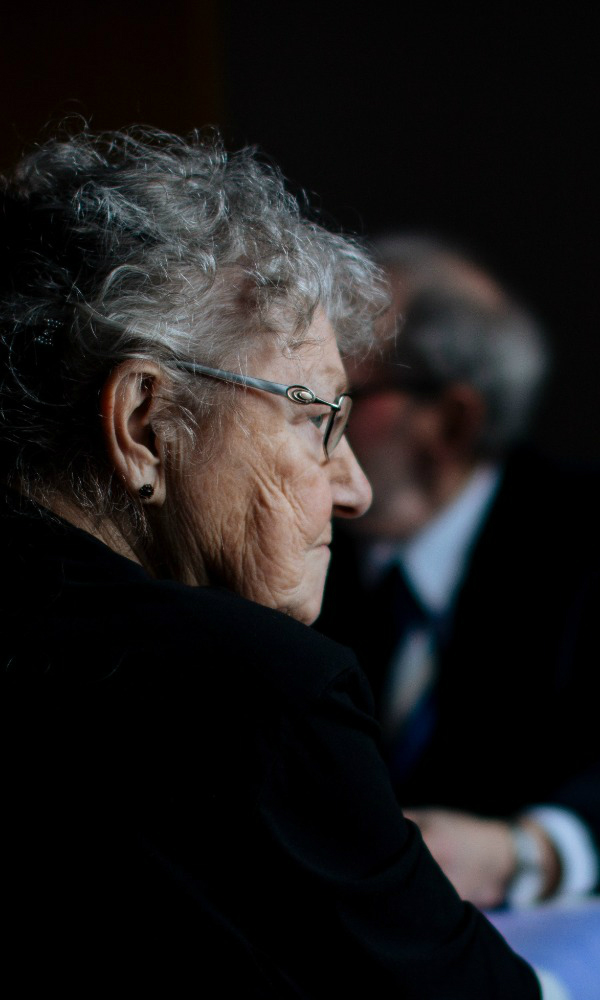Wills
What is a Will?
A
will is a legal document that allows a person to specify their wishes for transferring their property (whether acquired before or after the making of a will) so that it vests in specific individuals or organizations, usually named beneficiaries. Property includes not just personal belongings such as cars, jewellery and other valuables but also money in bank accounts, shares in corporations, investments, pensions and a claim to the proceeds of an insurance policy.
Why should I get a will?
Many people ask us why they need a will. The answer is simple, a will is your personal statement of wishes. It also specifies the person entrusted to carry out those wishes. In situations where there is no will, provincial law provides a mechanism to allocate your assets among your family members, starting with your spouse, then children, parents, brothers, sisters, etc. By making a will you decide what happens with your assets and how they are allocated.
There are other good reasons for having a will to protect your wishes:
- Many couples become legally separated but not divorced. In our experience this often comes with unintended consequences since the law still considers a couple to be “spouses” and certain pension, life insurance or other assets that may not have been dealt with or arose after a separation agreement can unintentionally go to an ex-spouse.
- There is a court process often referred to as “probate” after an individual die where a certificate is obtained confirming the validity of the Will and that the appointment of the estate trustee (representative of the deceased). This process gives the estate trustee the power to take control of the deceased’s assets. The process for obtaining this certificate is more complicated and costlier in the absence of a will and frequently creates more risks for the estate representative.
- A will allows you to appoint an estate trustee (a representative who will act on your behalf after you have died). This gives you the power to choose someone you trust to manage your financial affairs after you die. If you don’t have a will someone will need to take on this role and that individual may not be your first choice.

